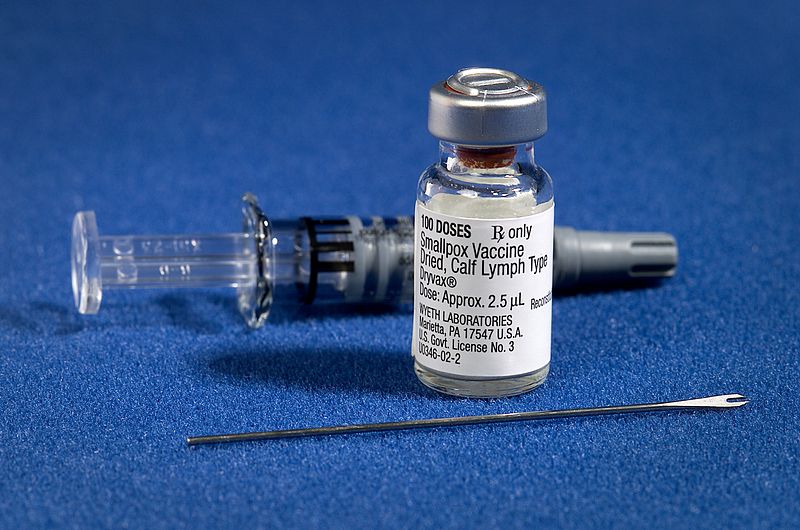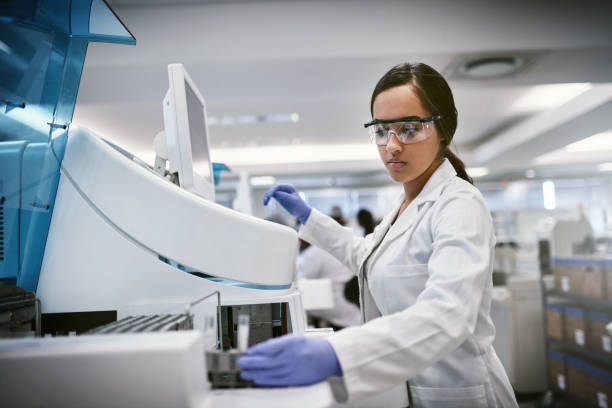Now days I am so busy in my work after that I will explain about science and medicine. In this article I will discuss about science medicine.How science and medicine improve human health and quality of life.Science and medicine are two fields that have been continuously revolutionizing the way we view and approach our health, and ultimately improving our quality of life. From groundbreaking inventions like the X-ray machine, to the development of antibiotics revolutionizing the treatment of infections, to the latest advances in robotics and artificial intelligence, science and medicine have consistently pushed the boundaries of what is possible and have changed the way we view our bodies and care for our health. With the use of cutting-edge technology and the application of evidence-based research, science and medicine have enabled us to understand our bodies and treat illnesses more effectively than ever before.
Science and medicine have been improving human health for hundreds of years. Science is the pursuit of knowledge and understanding of the world around us through observation, experimentation, and discovery. Medicine is the practice of treating disease and injury. These two fields have been revolutionizing human health for hundreds of years through advancements in technology, knowledge, and treatment. From the invention of vaccines to the latest advances in nanotechnology, science and medicine have consistently pushed the boundaries of what is possible and have changed the way we view our bodies and care for our health. With the use of cutting-edge technology and the application of evidence-based research, science and medicine have enabled us to understand our bodies and treat illnesses more effectively than ever before. Whether it’s preventing and curing diseases,providing new treatments, or improving the quality of life for those living with chronic conditions, science and medicine have undoubtedly had a tremendous impact on our lives.
For examples how science and medicine have improved human health
- Vaccines: Vaccines have saved millions of lives by preventing infectious diseases such as measles, diphtheria, Pertussis, influenza, and polio. Vaccines work by exposing the immune system to a small amount of a disease-causing pathogen. This exposure triggers a response from the body’s immune system, preventing the disease from occurring later in life when someone may not be able to receive medical treatment. By preventing disease, vaccines are one of the most important medical advancements in human history.

- X-rays: The X-rays have revolutionized the way we view the inside of our bodies. Traditionally, X-rays were produced by passing high-energy photons through the human body. This process is not without harm; in fact, it can be extremely harmful to soft tissues. Modern X-rays use radiation that is an order of magnitude weaker than traditional X-rays, but it is still strong enough to be detected by the sensors in an X-ray machine. This means that modern X-rays can be used to view the inside of the human body without the damage caused by traditional X-rays.
- Antibiotics: Antibiotics are drugs that kill or inhibit the growth of bacteria. They were discovered by Alexander Fleming, who observed that a spore of a certain mold had killed the bacteria in a Petri dish. This was the beginning of the era of antibiotics. Since then, antibiotics have saved millions of lives by treating infections that previously would have killed people.
- CT scan: The computed tomography (CT) scan is a medical imaging technique used in the diagnosis of disease. A CT scan uses X-rays to create images of the inside of the body. The images are used to help diagnose conditions such as cancer, heart disease, or pneumonia. CT scans have revolutionized the medical field by allowing physicians to non-invasively look inside the body much like an X-ray does.
- MRI: The magnetic resonance imaging (MRI) is a medical imaging technique used in the diagnosis of disease. It creates images of the inside of the human body using the magnetic properties of certain atoms within the body, such as hydrogen atoms, to create contrast between different types of tissues. It is commonly used in the diagnosis of certain diseases such as soft tissue injuries, certain types of degenerative disease, and cancers. MRI scans have revolutionized the medical field by allowing physicians to non-invasively look inside the body much like an X-ray does.
- Artificial pancreas: The artificial pancreas is an insulin pump that automatically monitors blood glucose levels and delivers insulin as needed. This device has revolutionized diabetes treatment by reducing the amount of time that someone living with the condition has to spend checking their glucose levels and taking insulin manually. This advancement means that people living with diabetes can spend less time managing their condition and more time living their lives.
The impact of medical research on human health
Medical research is the systematic investigation or exploration of materials, people, or places in order to increase human knowledge and better understand the world. Examples include research on infectious diseases, diabetes, cancer, Alzheimer's disease, and the use of artificial intelligence to better understand the human body. Research has given rise to new treatments and drugs that have allowed people to live longer and healthier lives by treating diseases and infections, such as diabetes and cancer. It has also led to many innovations in the field of medicine, including new imaging techniques and treatments. The most important aspect of medical research is its progress towards finding the causes of diseases and finding a cure or effective treatment for them. The progress in medical research will lead to continuous improvements in healthcare and will also lower the costs of treating diseases.
The importance of evidence-based medicine
Evidence-based medicine is a method for clinical decision making that uses the concepts of clinical research to improve health outcomes through the use of appropriate health care. It involves reviewing scientific evidence from a variety of sources to determine the most effective diagnostic and therapeutic approaches for an individual patient’s medical condition. Evidence-based medicine is important because it helps us understand the best ways to treat illnesses and conditions. It also helps us understand the potential side effects associated with a particular treatment, which can be critical for people who need to take medication regularly or have chronic conditions that require long-term care. The importance of evidence-based medicine extends beyond simply treating illnesses and conditions. It also includes providing preventative care, which can help people avoid getting sick in the first place. Preventive care can be as simple as getting a flu shot each year, or it can include more complex procedures like taking blood pressure medication to reduce the risk of developing cardiovascular disease.
The importance of preventive care
Preventive care is care that can help people avoid disease, injury, or other health problems. It includes things like getting vaccinated, quitting smoking, eating a healthy diet, getting enough exercise, and getting regular health screenings as recommended by a doctor. Many people don’t realize that preventive care can actually save money. Vaccines, for example, are very inexpensive, but they can prevent people from getting sick with a range of diseases that can be very costly to treat if they get them. If a person gets preventive care and avoids getting sick or injured, they won’t need as much treatment or health care in general. That can save money in the long run and make it easier for people to get health insurance.
The importance of access to quality healthcare
Quality healthcare is healthcare that meets the needs of the patient, including cost, safety, effectiveness, patient experience, and timeliness. It is essential that people have access to quality healthcare to make sure that they are receiving the best possible treatment for their medical conditions. Healthcare access also includes things like making sure that people have access to mental health care if they need it. Mental health disorders affect millions of people every year, but many people don’t seek treatment because they don’t know where to go or they feel.
Reference:
https://en.m.wikipedia.org/wiki/Medicine
https://www.msdmanuals.com/home/special-subjects/the-science-of-medicine-and-clinical-trials/the-science-of-medicine
https://en.m.wikipedia.org/wiki/Vaccine
https://www.google.com/amp/s/www.news-medical.net/amp/health/Recent-Developments-in-Health-Technology.aspx
https://www.proclinical.com/blogs/2022-4/top-10-new-medical-technologies-2022
